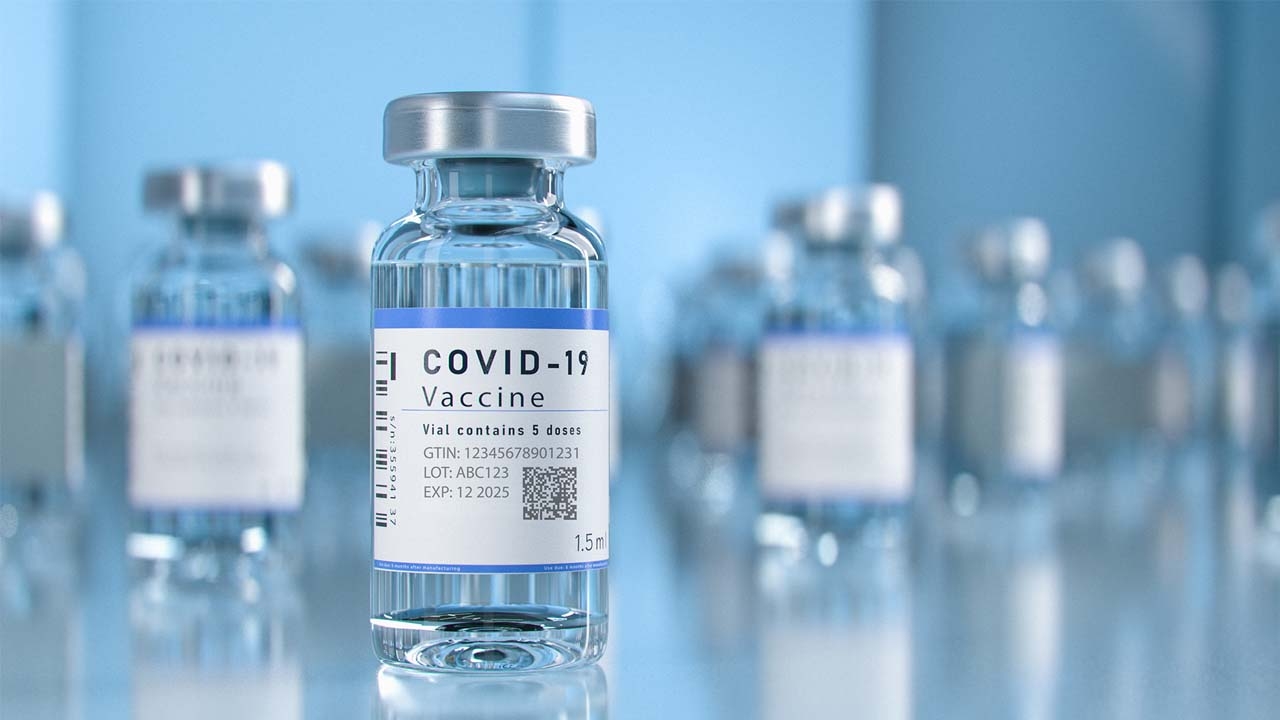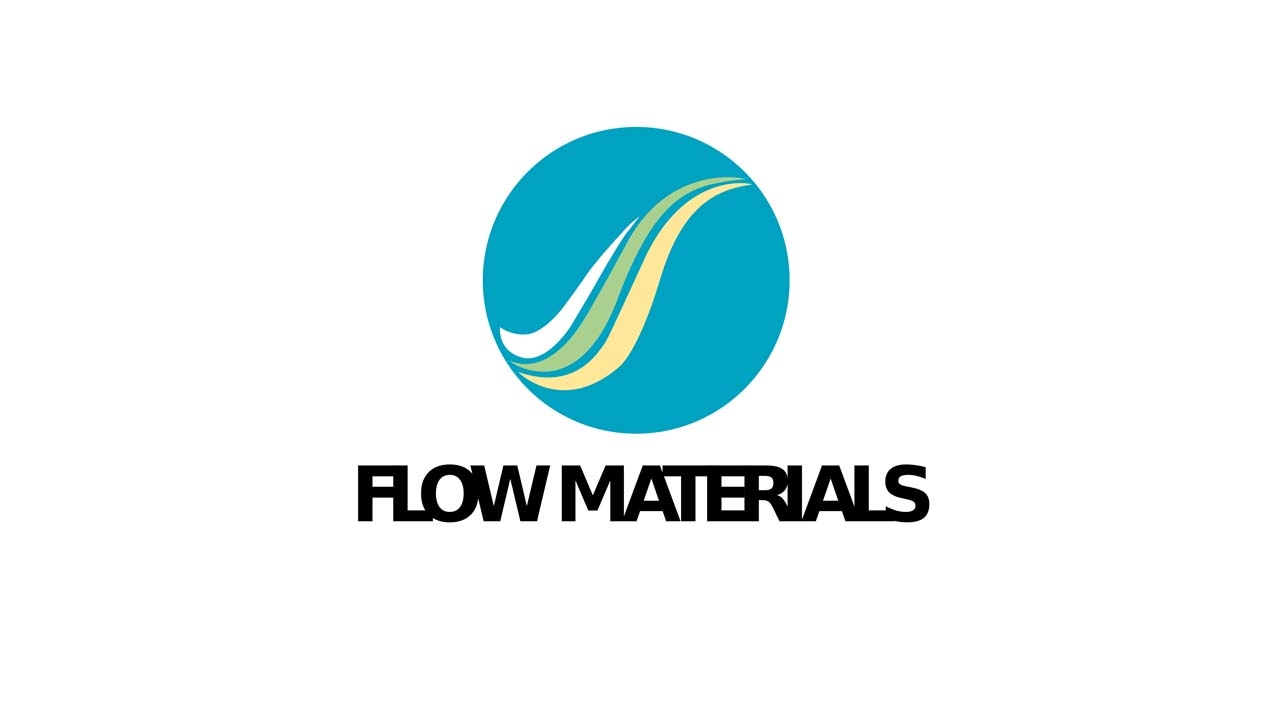Herma new film labels enable variable printing with UV laser
Innovative film labels enable variable data printing with UV lasers that is particularly resource-friendly and efficient – with a simple color change.

Herma has developed PE White UV Laser (823) film labels to enable variable data printing probably for the first time with a simple color change using UV lasers in the labeling process. No material is removed.
Compared to thermal transfer printing that is currently still in widespread use, this is particularly resource-friendly and efficient, as no other consumable materials are required and no waste is generated, according to Herma. There is also no longer any need for regular downtime, for example for changing thermal transfer ribbons.
Sven Pleier, key account manager for chemicals and pharmaceuticals at Herma, said: ‘It has already been possible up until now to use lasers with special paper for the marking of labels without removing any material. However, this is not an option for most pharmaceutical products, but also for many cosmetic products solely for application and safety reasons. Thanks to the new film labels, the way is now clear to use this advantageous method in the pharmaceutical and cosmetics sector, regardless of whether the variable data is expiry dates, batch numbers or data matrix codes.’
In conjunction with a Domino U510 UV laser and the Herma 132M HC pharmaceutical labelling machine, the new Herma PE White UV Laser (823) film labels will be presented for the first time at Achema in Frankfurt (Hall 4.1, Stand P20).
Unlike thermal transfer printers, the laser enables the optimum use of the speed of high-speed labeling machines – as a UV laser achieves up to 600 cycles per minute and more. With a thermal transfer printer, the limit is usually a maximum of 300 cycles per minute. The printed image is completely smudge-proof and scratch-resistant and also resistant to disinfectants, alcohol and grease, particularly important for pharmaceutical and cosmetic products.
The labelling is also suitable for low temperatures including freezing processes and remains stable. Another advantage of UV laser printing is that the print image is always ultra-sharp, even with the smallest font sizes. The laser allows for fonts or characters that are only 0.6 millimeters high whereas thermal transfer printing is no longer possible at 1 millimeter. The dark grey lettering on the white foil labels is high in contrast and easy to read by machines. The laser also works without any contact, which makes it maintenance-friendly.
‘Due to their modular design of the Herma labelling machines, UV lasers are particularly easy to integrate,' emphasized Pleier.
The coding and marking specialist Domino has already tested the new Herma labels in comprehensive laboratory tests.
Volker Watzke, head of sales life-sciences and tobacco at Domino, added: ‘They deliver very good results with our U510 lasers. Especially where precise and variable coding and marking at high speed is required, the laser and label form an unbeatable combination. The U510 UV laser completes the product portfolio in terms of the cooperation between Herma and Domino, alongside the technologies used to date, such as CO2 lasers and thermal transfer printers.’
Stay up to date
Subscribe to the free Label News newsletter and receive the latest content every week. We'll never share your email address.

